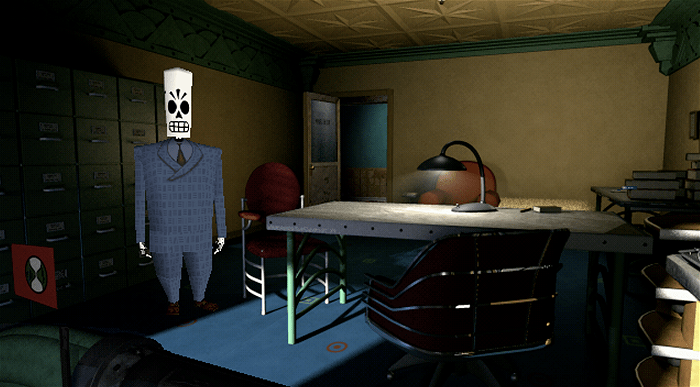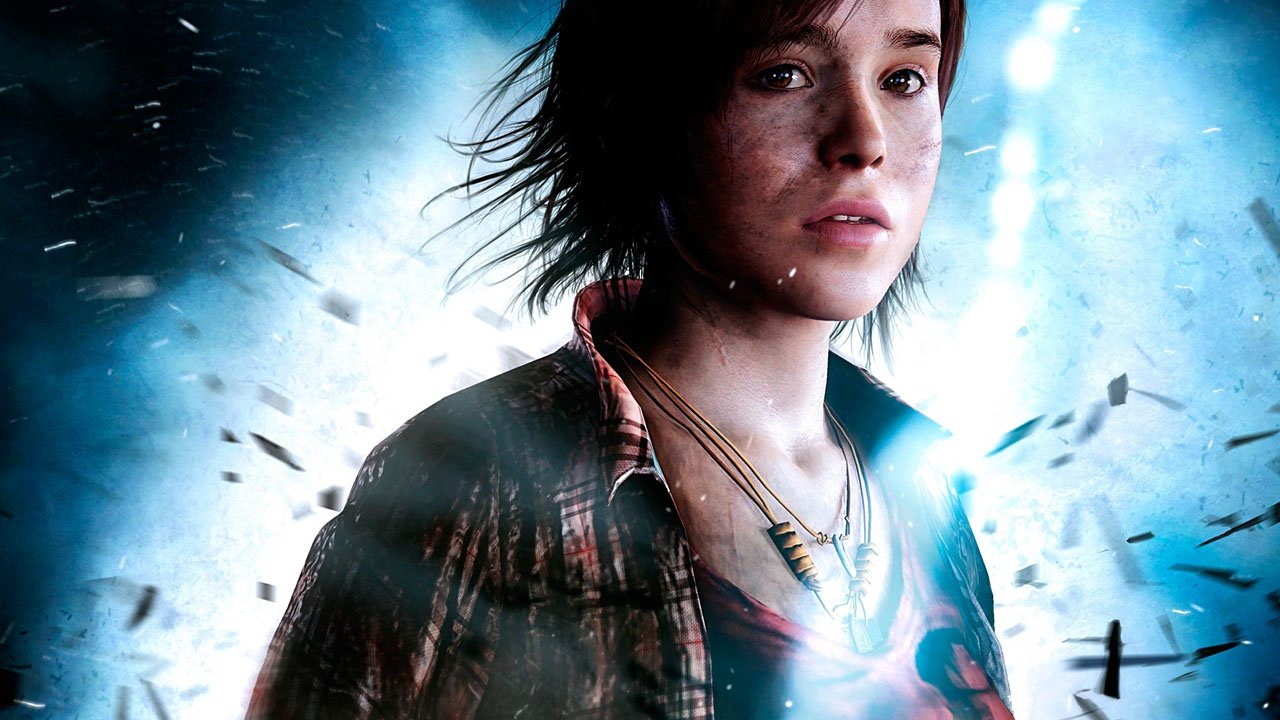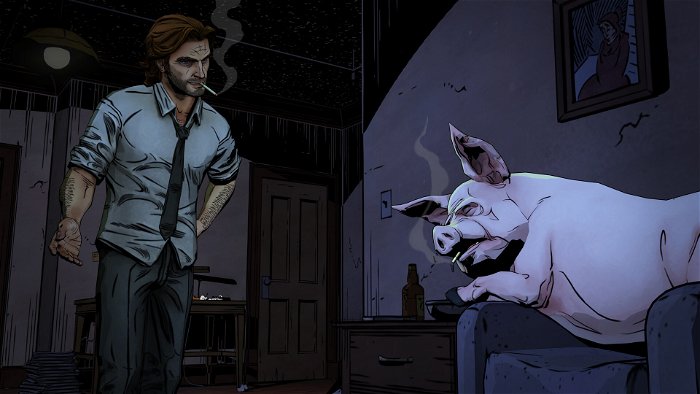Telltale has done something in recent years that will forever make me grateful to them. By embracing a smaller, less ambitious, episodic structure, they have managed to bring the adventure game genre back from the brink and it’s now enjoying a renaissance of sorts with many indies bringing unique titles, as well as the occasional big, AAA experiment, like David Cage with Heavy Rain and Beyond: Two Souls.
Ever since I first played Adventure on the Atari 2600, I’ve always loved the idea of exploring new places and overcoming obstacles not just with a gun, but some smarts. This was particularly true during the golden age of adventure games, the 90s, when both Sierra-Online and Lucasarts were pumping out classics like Space Quest and Grim Fandango. But something has been happening to the adventure game genre during this new revival period, and it’s something that makes me a little sad. The new adventure games seem more focused on plot and character, which is great, but they’re sacrificing the puzzles that made the old adventure games so distinct from shooters and RPGs.

Telltale is the vanguard of this new style of adventure game, with their marquee titles such as Game of Thrones, The Walking Dead and Wolf Among Us all engaging the more emotional and less cerebral aspects of our attention. This is to be expected for Game of Thrones in particular, as the game is based on the TV series, which has cemented its reputation for twists, betrayals and both literal and political backstabbing. The tension and conflict of this game—and The Walking Dead—is character based. When faced with a dramatic situation demanding choice, players have a limited time to choose their response. Whatever choice they make, they have to live with it. This is a big departure from adventure games of the past, such as Myst or even The Longest Journey which had a different design philosophy. Current games make the plot and its consequences a mechanic of gameplay. Older adventure games had plot and consequence as a reward for the central mechanic, which was usually puzzle solving involving either manipulating the environment, using the right object from inventory, or a combination of the two. It was a very different mindset from today, where developers are terrified of halting a player’s sense of progression. Back then, running straight into a brick wall that could only be outsmarted was all part of the adventure game package.
Today, of course, the sense of working things out yourself has been largely nullified by the ease of grabbing a smartphone, tablet, laptop or other Internet ready device and merely looking up the solution to a puzzle. It’s not like the pre-Internet days, when puzzles could be legendary in their ability to stymie efforts for days, or even months, such as the infamous “Babble Fish” puzzle from the Infocom/Douglas Adam’s collaboration on The Hitchhiker’s Guide To The Galaxy text adventure. There are still some gamers out there that have both the patience and self-control to wrestle with a puzzle with no outside help, but most people lack either the time or combination of masochism and discipline required to resist the temptation of going online when a puzzle has been unsolved for hours.
And yet, at the same time, as with the difficulty of old school action games, and even new titles like the Souls games, there’s an undeniable satisfaction that comes for legitimately overcoming a great obstacle. People that finished Myst by themselves proved they had impressive problem solving skills, and just mention the “rubber duck puzzle” to any fan of The Longest Journey and it’s like asking a Vietnam war veteran to recall “That one time in Hanoi.” They are not easy, casual situations, but they are memorable ones that stick with gamer for years after the experience is over.
That’s not to say all the adventure games of the future are going to lack these puzzles, Life Is Strange will be making use of a time-rewind mechanic in the service of solving puzzles. And Broken Age is showing the new school adventure gamers how it’s done Schaefer style. But these kinds of adventure games—even in an age where the genre is reviving—will be few and far between. Maybe it has to be that way for adventure games to stay relevant, but there’s no denying that something is lost.





